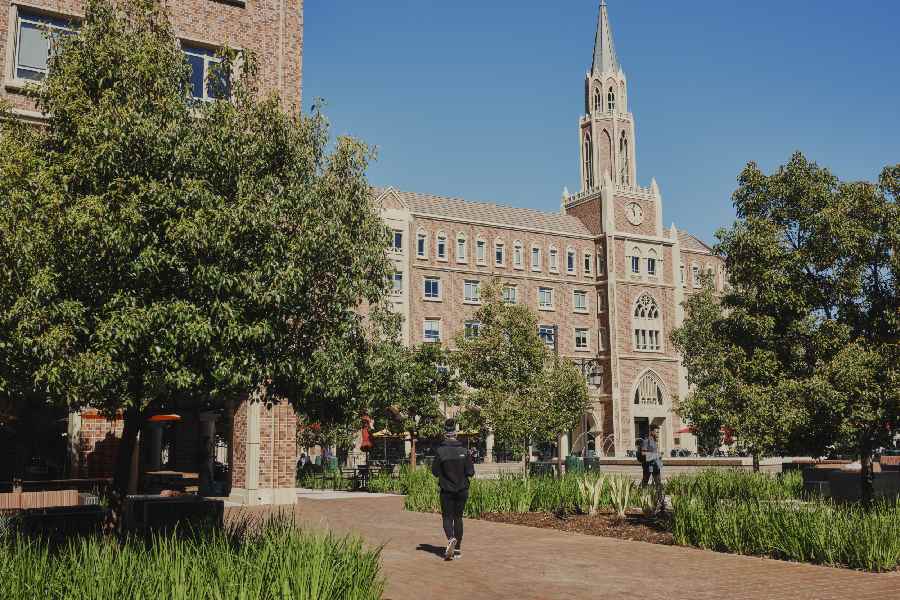The University of Southern California said it has cancelled plans for a graduation speech by this year’s valedictorian, Asna Tabassum, who is Muslim. The school said the decision stemmed from security concerns based on emails and other electronic communications warning of a plan to disrupt the commencement, including at least one that targeted Tabassum.
“Over the past several days, discussion related to the selection of our valedictorian has taken on an alarming tenor,” said Andrew Guzman, the provost, who added that he had made the final decision to choose Tabassum. “The intensity of feelings, fueled by both social media and the ongoing conflict in the Middle East, has grown to include many voices outside of USC and has escalated to the point of creating substantial risks relating to security and disruption at the commencement.”
But the university declined Tuesday to give details of where the communications were coming from or whether they were under criminal investigation. And its decision followed complaints about Tabassum’s selection by two campus pro-Israeli groups that cited her social media support for Palestinians.
Tabassum, a biomedical engineering major who identified herself as a first-generation American of South Asian descent, could not be reached for comment. But in a statement, she criticized the decision.
“I am both shocked by this decision and profoundly disappointed that the university is succumbing to a campaign of hate meant to silence my voice,” Tabassum wrote, adding, “There remain serious doubts about whether USC’s decision to revoke my invitation to speak is made solely on the basis of safety.”
Graduation speeches could be the next point of contention for the free-speech debate, which has overwhelmed many universities since the Israel-Hamas war began.
But Guzman, while acknowledging that the decision to cancel the speech broke from university tradition, said, “To be clear: this decision has nothing to do with freedom of speech. There is no free-speech entitlement to speak at a commencement.”
Erroll Southers, who oversees security for USC, said in an interview that the decision followed a barrage of communications threatening the upcoming graduation ceremonies.
“No one could ever remember these kinds of grievances coming to us,” said Southers, associate senior vice president for safety and risk assurance. “They had identified our valedictorian. They were significant in terms of the specificity of the person, the event, meaning our commencement, and their intent to disrupt our commencement.”
The New York Times News Service

